Today's Super Power U Podcast is a report on Month #1 of Lisa's Intermittent Fasting Experiment outlining what she did and the results.
Generally, I really like to support independent podcasters but today I'm going to make an exception…because well, one thing you can count on is that I'll always make exceptions, without exception.
The podcast episode I listened to recently which I loved, which is an episode of
Radiolab called A Journey from Where to Where which is snippets of Oliver's Sack's conversations and thoughts in the final months of his life. I've always been a fan of Sack's work, especially his book
“Seeing Voices: A Journey Into the World of the Deaf”. But Radiolabs audio portrait of Oliver Sacks inconsequential chats with his partner Billy Hayes and his frenzied attempts to get his thoughts on paper are poignantly captured on this show. I'll put a link in the show notes.
Today I'm going to review the experiment process I began with
Episode #23, Intermittent Fasting – A Primer and review each of the weeks since beginning that experiment. I'll go over what I did each week, what kind of results I saw and some reflections on the process. I'll also go over a some points to help you understand what we do and don't know about process of autophagy which is one of the purported benefits of fasting. And then I'll tell you my plans for the next month.
Before continuing it seems prudent to repeat here that I'm not a Doctor, I'm describing my own experiences and nothing that follows should be taken as medical advice. And while we're there here's another note from that show:
In the original Fasting episode #23 which aired on May 10th I introduced a few different approaches to Fasting including one which is often considered the easiest entry point to Intermittent Fasting the so-called 16/8 in which you fast for 16 hours followed by an 8-hour eating window. That episode also offers a ton of research on the apparent benefits and health processes impacted by fasting and lots of practical resources on how to approach it. If you haven't listened to that episode and you don't already know much about fasting I'd recommend heading back over to Episode #23 and listening to that first.
There I outline the specific benefits I'm personally after through fasting which I would abbreviate to combatting the onset of type 2 diabetes and improved insulin regulation, autophagy and cellular regeneration which I'll go into in more detail today and which appears to be associated with improved long-term health and anti-aging properties and finally weight loss, which is, for many people the primary reason for fasting.
At that point in time, I'd already revised my earlier belief that I could never fast. I'd done a number of 36-40 hour fasts by stopping eating on a particular night, usually Sunday for me, skipping food altogether on Monday and then resuming eating mid-late morning on Tuesday. My approach was pretty haphazard and uncommitted but at least I'd already dispelled my earlier belief that I could never, ever do it. Much of that had to do with earlier progress I'd done by taking a break from drinking alcohol starting in February, which was supported by Rachel Hart's work on ways in which our actions (drinking or eating) follow feelings, which come from thoughts. That's also a great episode to go back and listen to
Episode #22 Taking a Break from Drinking with Rachel Hart if you're trying to make a big, difficult change of habit or lifestyle.# I'd also already learned that for long fast days in particular, it's really important to drink a lot of water.
At the end of the episode, I made a commitment to check back in on the show once every month figuring that if I got a better routine in place and maintained it, and then made monthly adjustments as needed over 3 months I might learn more about myself and about fasting. So I laid out the general plan that week because well, additionally public accountability can be really powerful.
So today is the day of that first check-in one month in. But first here's what I was thinking at the outset. My intention was to do one 40-hour fast a week with the rest of the days fasts at 18 hours followed by one meal or
OMAD approach inside of a 4-6 hour eating window. My weight when I started was 140 lbs and I was definitely trepidacious. I supported the process by reading and listening to podcasts on IF and I tracked my fasting hours in
VORA (on Android) or
in the iTunes Store and my weight with the
Withings scale which uploads data to the
Nokia Health Mate platform.
After one week on May 17th I reported that I was feeling really great about hitting that 18-hour fasting window every day with eating windows between 2 and 5 hours but I did also break my long fast early at 24-hours for a family social event that felt important. That week I was noticing how quickly my thoughts went to the idea that fasting wasn't working and it wasn't worth the challenge. I reminded myself then that I have an inclination towards impatience and decided that I was going to force myself to suspend my disbelief, ban any decision about whether or not this is workign or worth it, and take on the mantra of Keep On Going for at least one month. I had a secret super power this week in the form of my husband, Joe would put all the data together for me. It shows that quantitatively I fasted for a total of 143 hours which is an average of 20 hours per day but I only lost half of a pound.
After two weeks on May 24th my report shows that again I fasted for 18 hours every day except for Friday when I stopped at 16 because I wasn't feeling great and because I wanted to remind myself that I can be gentle, even imperfect and then pick back up again. I broke my long fast at 39 hours and again I didn't feel so great. Paying attention to my body is really important so I decided that I would shorten my long fast to 36 hour for the next two weeks to see if that helped. After 2 weeks I was definitely frustrated because I wasn't seeing any difference in my weight. It's interesting to me in retrospect that I was basing my feeling of frustration at the two-week mark on my sense that I didn't lose any weight probably because the scale numbers were jumping up and down a lot but because I'd committed to going to one month regardless of what happened and because I'd also started reading about something fasters call the Whoosh Effect which is a big sudden drop in weight usually after a plateau. The reality though which I know from Joe's data is that week two I fasted a total of 133 hours, a daily average of 19 hours and actually lost 2.5 lbs. So the whoosh effect had begun even though I was feeling discouraged. The brain is a funny thing.
On May 31 my Month 1, Week 3 update report describes doing 18 hours of fasting during the week and 15-16 hour fasts on the weekend. I also took longer than usual eating windows on the weekend that week. But after week 3 I noticed that I had actually lost weight with about a 5 pound differential since before beginning the experiment which is consistent with Joe's data which shows that went down another 2.5 lbs for a total of about 5 lbs in 3 weeks. My total fasting time for the week was 124 hours which averaged 18 hour a day. At that time, the only change I planned on was to add sea salt to the long fast day to avoid dehydration and headaches.
Today is the final day of week 4 and it was a rather challenging week in my life which a lot of stress and emotions so I skipped my long fast altogether which brought my total fasting hours down to 107 which is an average of around 15 per day substantially less than the first few weeks. Still my weight loss this week stayed consistent around 2.5 lbs. I've been wondering how the probably cortisol will impact my body but I don't really have any way of controlling for or mesauring that.
Overall, it seemed like I got gentler and gentler with myself going from 20 hour a day the first week, to 19 the second, 18 hours average the 3 week and finally a big dip to 15 hours per week. In terms of weight loss the first week I showed almost no weight loss in spite of it being the highest fasting week. The following three weeks average around 2.5 lbs per week. So, I'll be very curious to see how the next month plays out in terms of the relationship between total week-long fasting hours and calories lost. I'm planning to continue with the more gentle approach by aiming for one long fast a week and an intended ideal 18 hour fasting day but will a willingness to be gentle when necessary. I see this as kind of ideal scenario aspirational approach with a ton of leway for being human and life.
One thing I've been noticing is what seems to be a very big improvement in my skin tone. This is totally subjective perception since I have no way of measuring especially since I wasn't really expecting it.
One of the great challenges with doing something new and challenging is finding the right motivation. Because my motivation is largely based on research that suggests benefits but there is alway conflicting information, it can be hard to steer the course. A few weeks ago my friend Keith forwarded
an article from the Guardian which warned that fasting can raise the risk of diabetes which is exactly the opposite of the research I've been reading. So, I'm far from a scientist but that's my husband's leaning so he showed me how to do research on PubMed and in the process we found an article called
Cell Metabolism by Sutton, Beyl and others which concluded that even in the absense of weight loss an early time-restricted feeding schedule limited to 6 hours between 8am and 2pm improved insulin sensitivity, blood pressure and oxidative stress levels in pre-diabetic men.
Another purported benefit of fasting, which is difficult to understand and challenging to prove is that it increases autophagy. Autophagy means “self-devouring” and is the natural way that cells disassemble and recycle their broken components. These parts include things like amino acids, which are the building blocks of proteins.
Because autophagy makes these new parts usable to the cell, it also means they don’t have to come from food. And as you might have guessed, when we are low on food, autophagy is one way our cells can continue to get the needed components and so the process is accelerated.
There is a growing body of evidence, nicely summarized in a review in the New Scientist a few weeks ago, that increased autophagy can improve health and delay some diseases, like Huntington’s Disease and Parkinson’s disease. Autophagy is also thought to improve health by clearing old dysfunctional and toxic cell components.
However, please keep in mind that the study of autophagy is new (for instance, the Nobel Prize for discovering it was only awarded two years ago) and while overall autophagy looks to be healthy, it’s also not a simple story. There are at least 6 distinct types of autophagy in our cells, and also increasing autophagy is not always good –some types can potentially lead to multiple sclerosis and accelerate certain types of cancer.
Like many areas of biology, when we don’t understand something, we have to look to general experiments to see actual outcomes. Overall, intermittent fasting appears to have beneficial effects, so to the degree that autophagy is responsible for these, there is probably some wisdom in the body that allows it to promote only the healthy kinds of autophagy.
This concludes my update from month one. Next month we'll look the effects of fasting on other aspects of health.
Other Fasting resources:
More tips on Fasting
Eat Yourself to Live: Authophagy's Role in Health and Disease
Super U Resources:
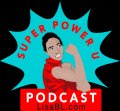


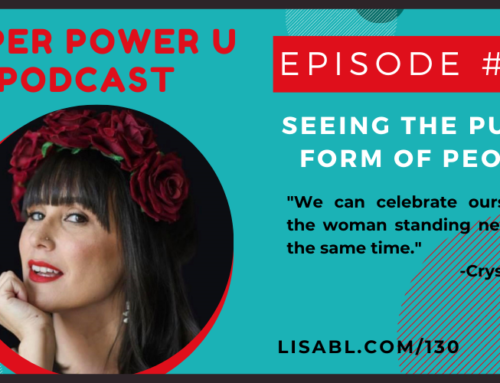
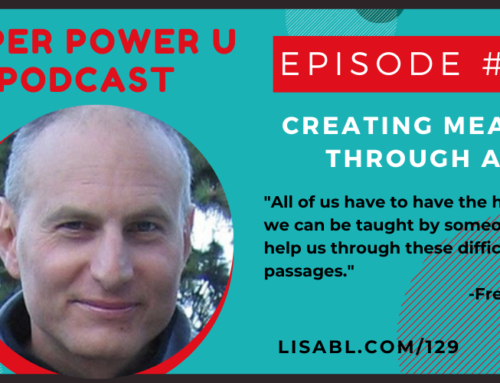
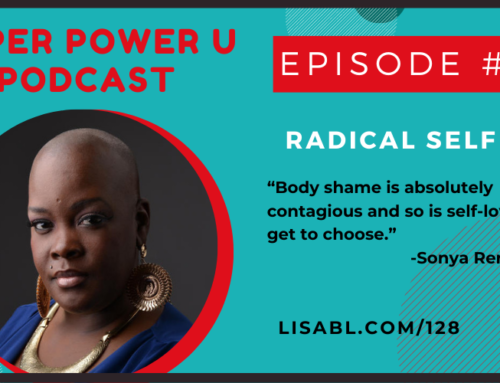
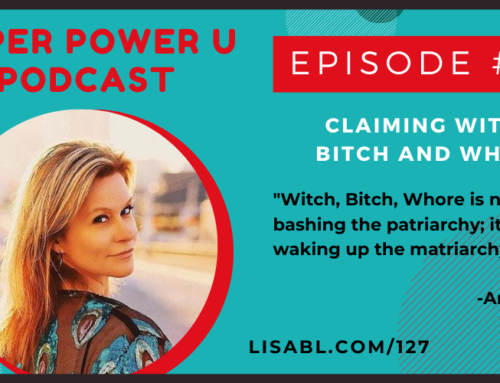
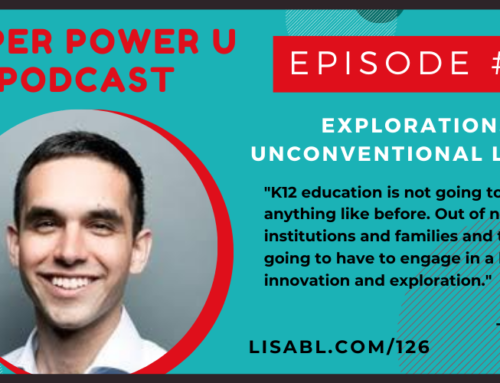
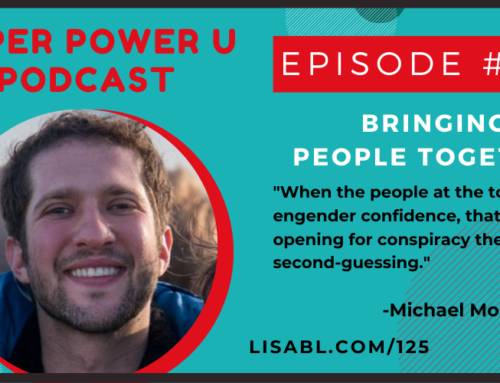
Leave A Comment